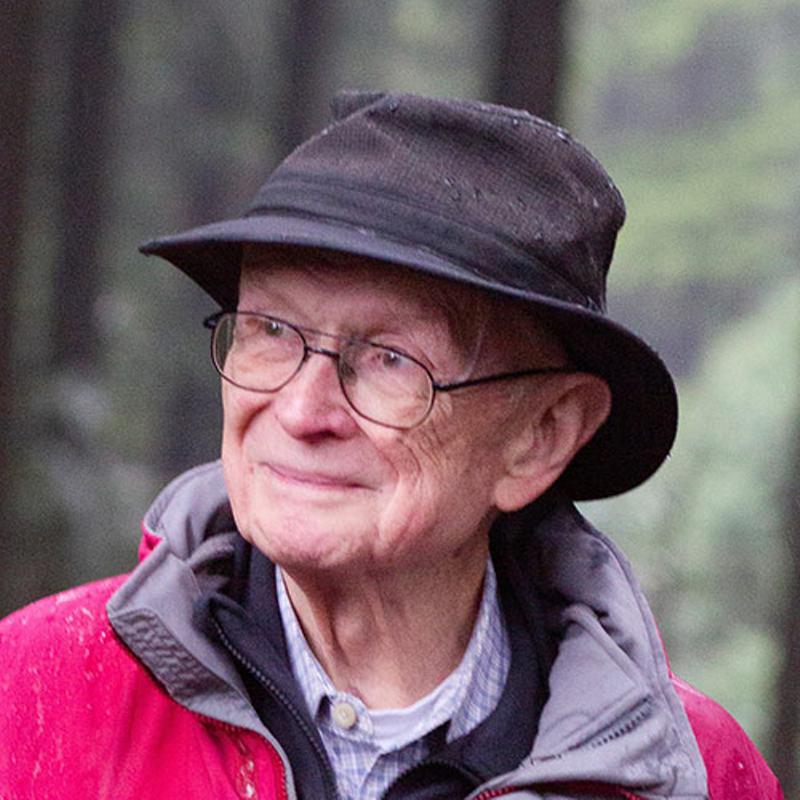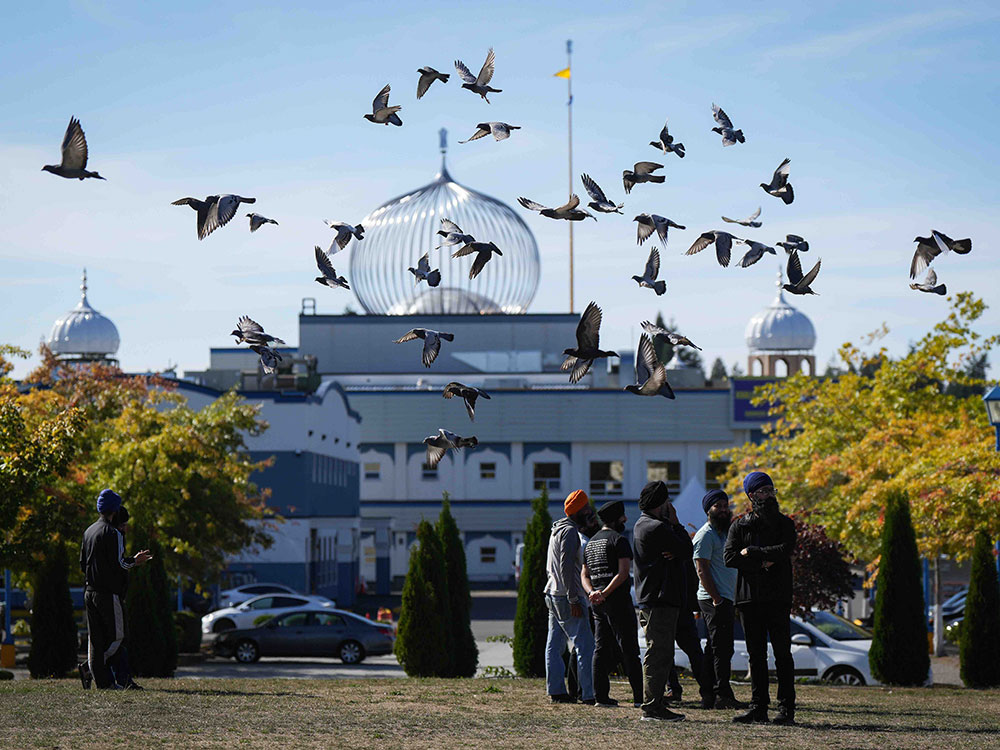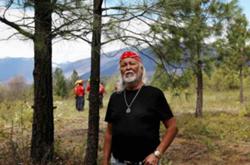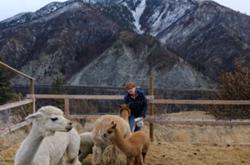The summer began on June 18 with a killing in the parking lot of the Guru Nanak Sikh Gurdwara temple in Surrey; it ended on Sept. 18 when Prime Minister Justin Trudeau stood up in the House of Commons to charge “agents of India” with the murder of Hardeep Singh Nijjar.
We still have few details, but Trudeau’s allegations explain a great deal about his low profile for the past three months. Housing and the price of groceries are serious concerns, but foreign agents playing James Bond in Surrey are a far bigger problem. And while the crime seems shockingly unusual, tensions between Sikhs in B.C. and governments in India go back over a century.
Nijjar’s murder at first seemed like an ugly intensification of local political disputes. It’s no secret that some Sikhs in Canada support an independent, Sikh-ruled Khalistan in India’s Punjab region — and many are bitterly opposed to it. But the dispute usually stayed behind closed doors in the Sikh community.
When it didn’t, the results could be disastrous. Air India Flight 182, in June 1985, killed all 329 persons aboard the aircraft, including 268 Canadian citizens. A Sikh separatist movement was behind the bombing; among those eventually tried was Ripudaman Singh Malik, who was acquitted in 2005 but murdered in 2022.
Months before Air India Flight 182 went down, a young lawyer named Ujjal Dosanjh publicly criticized violent supporters of Khalistan. In the parking lot of his law office, the 37-year-old was beaten up by a man swinging an iron bar. In 1999, when Dosanjh was an MLA, someone broke into his constituency office and left a Molotov cocktail burning on a table.
Meanwhile, Tara Singh Hayer, founder of the Indo-Canadian Times and a supporter of Khalistan, was shot and paralyzed in retaliation for his criticism of violence in support of the cause. (A personal note: I later met his attacker in prison; he was a handsome, charming young man who seemed to have no regrets for his action.) Ten years later in 1998, another attacker killed Hayer — making him probably the only journalist in Canada ever to be murdered for doing his job.
Kicking out India’s top spy
Now we have another murder. The “agents of India” might be local hired guns, but they were acting at the behest of a government with which Canada has good relations. Following the usual protocol, we have expelled a senior Indian diplomat, Pavan Kumar Rai, the Canadian resident of India’s intelligence agency, the Research and Analysis Wing. The Indian government has in turn expelled a Canadian from our New Delhi high commission.
India is only Canada’s 10th-largest trading partner, but the federal government had been hoping to expand trade. Now we know why trade talks were cut off this summer, and why Trudeau and India’s Prime Minister Narendra Modi were very cool to each other at the G20 meeting in New Delhi.
We now face a long period of very tense relations with India. Modi has already raised questions about his semi-fascist Hindutva movement and his growing hostility to India’s Muslim populations. Saudi Arabia’s Crown Prince Mohammed bin Salman made himself a temporary pariah after ordering the murder of Jamal Khashoggi in 2018; Modi may consider a similar exile from Canadian trade and events as an acceptable price to pay for getting rid of a separatist nuisance.
We will pay a price too: a sharp reduction in trade and travel to and from India, especially where Sikhs in Canada are involved. Over 225,000 Indians are in Canada as international students, paying the full costs of their college or university tuition. If they decide to move to schools in other countries, post-secondary institutions in Canada will lose a lot of money.
We can expect worse relations with China as well, and perhaps other countries whose interference in our affairs has so far been more discrete.
Worse than a crime
When Napoleon executed a political enemy, the head of his secret police said, “It was worse than a crime; it was a blunder.” Prime Minister Modi has blundered also, creating more trouble for himself than Hardeep Singh Nijjar ever could have. Sympathy for Khalistan is likely to increase both here and in India, and it won’t be expressed only in parades and on radio talk shows. Indian officials and Modi supporters, both here and in India, will be attacked. Some will be killed.
Whatever Modi does to try to clamp down in Punjab will get him some serious blowback: riots, sabotage, assassinations. Hindutva supporters elsewhere in India have been attacking Muslims. Muslim communities could stage large-scale protests. India occupied Kashmir in 2019, and arrested thousands of Kashmiris. The lid could come off now.
Modi was chief minister of Gujarat state in 2002 when anti-Muslim riots took a thousand lives. Modi was widely suspected of tolerating the violence, if not encouraging it, but was cleared by the Supreme Court of India. He might not be so lucky next time.
Over a century ago, in May 1914, a Japanese freighter called the Komagata Maru anchored off North Vancouver in Burrard Inlet, carrying over 300 passengers. Most were Sikhs who hoped to settle in British Columbia. Two months later almost all of them were forced to return to Asia, demonstrating that not all subjects of the British Empire were equally welcome in Canada.
The rejection of the would-be immigrants had a huge impact in India, and actually strengthened the nascent movement for freedom from the British Raj. Gurdit Singh, a prosperous Sikh who had organized the migration as a test case, died in 1954, in an independent India.
Hardeep Singh Nijjar did not live to see an independent Khalistan. But his death at the hands of “agents of India” may well have hastened Khalistan’s birth. ![]()
Read more: Rights + Justice, Federal Politics

















Tyee Commenting Guidelines
Comments that violate guidelines risk being deleted, and violations may result in a temporary or permanent user ban. Maintain the spirit of good conversation to stay in the discussion and be patient with moderators. Comments are reviewed regularly but not in real time.
Do:
Do not: